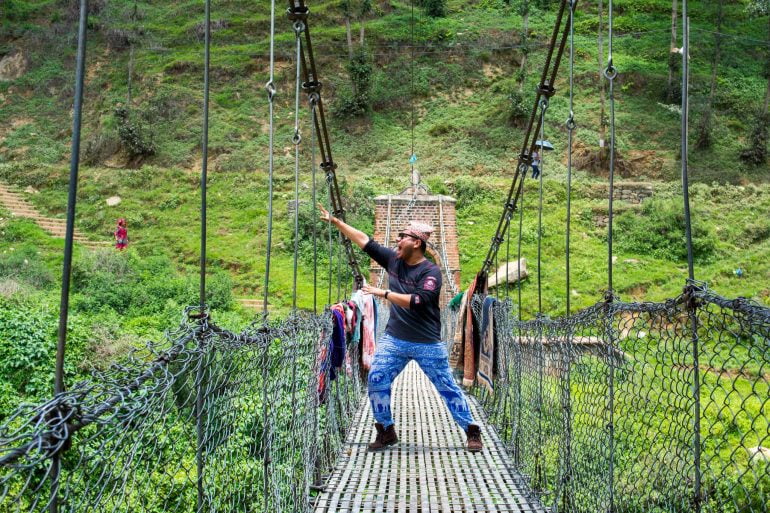Johny Pitts was born in Sheffield to an African American father and a white English mom. He has worked as a music journalist, a musician with Bare Knuckle Soul, a TV presenter, and a photographer. In 2013, he founded the net magazine Afropean.Com, which examines the interplay of black and European cultures. He has written an e-book called Afropean: Notes from Black Europe, documenting a five-month adventure across the continent exploring the lives and groups of black Europeans.

Where did “Afropean” originate, and why did it attract you?
The period was coined by David Byrne and Marie Daulne, a Belgian-Congolese musician who performs as Zap Mama. When Byrne turned to travel Europe with Talking Heads in the early 90s, he talked about seeing a brand new continent emerging in which a “reverse colonization” became taking vicinity [with black communities exerting a strong influence on European culture]. Growing up in a council property in Sheffield, I preferred between two identities: a proud, working-elegance Sheffield identification or a form of ghettoized black identification. It was either/or; I couldn’t be both. “Afropean” cautioned I might be entirely unhyphenated; I could incorporate these types of different things into my identity and, in a way, go beyond them.
What prompted you to embark on an excursion to Black Europe?
I’d been trying to do it for a long time. In the lead, as much as Brexit, I’d started to be aware of developing racism from some of my white running-magnificence friends and creating anger from my black friends, which is wellknown from all aspects. I noticed it as early as 2007-08 because it became obtrusive that the New Labour dream had failed. When Tony Blair got into electricity, Britain felt modern-day and multicultural. It is regarded to have come to terms with its colonial history, but that changed into something very cynically spun to people. I don’t suppose it ever surely happened. So I sense this e-book emerges out of the rubble of New Labour in masses of methods. It’s seeking to prepare a kind of multiculturalism 2.Zero.
Looking at Europe through an African lens, what stood out for you?
The black can’t be pinned down to a solid factor; as I traveled, I met Tunisians who had trouble with Somalians in Sweden or Martinicans who seemed down their noses at Senegalese in France. No matter how much I attempted to health it all collectively, it did not fit perfectly. Yet, simultaneously, I noticed many possibilities for black communities to come back collectively and many instances where they did. I saw a continent complete with opportunity, commonalities, and feasible solidarities; however, in the long run, what I located empowering turned into an understanding that the continent turned into full humans like me.











